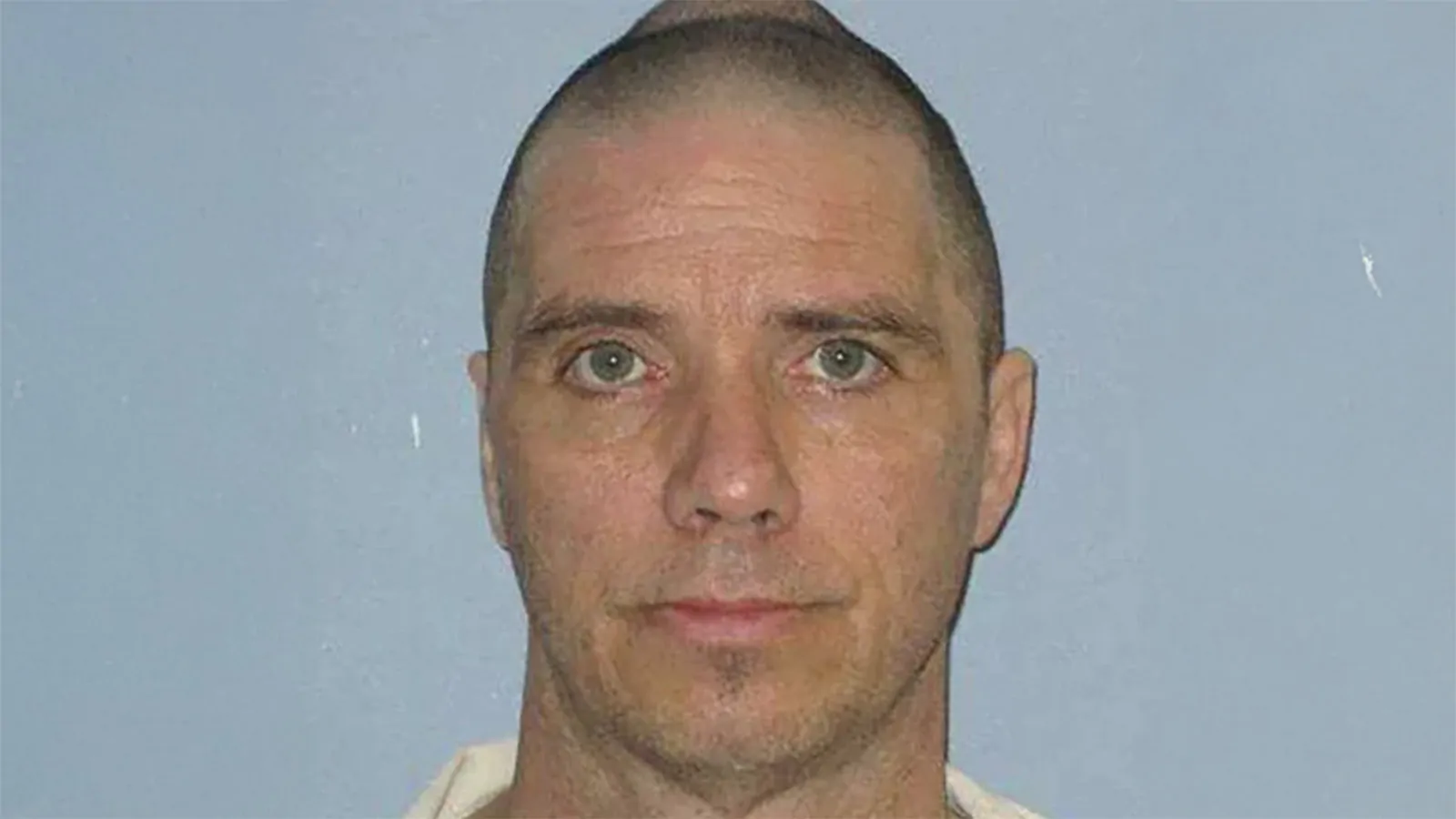|
Getting your Trinity Audio player ready...
|
James Osgood, 55, was executed by lethal injection on April 24, at the William C. Holman Correctional Facility in Atmore. He was pronounced dead at 6:35 p.m.
According to the Alabama Department of Corrections, Osgood had 12 visitors and 7 phone calls on April 23, and 11 visitors and 1 phone call on the day of his execution. He ate breakfast and snacks, declined lunch, and requested pizza for his final meal.
Convicted of the 2010 rape and murder of Tracy Lynn Brown in Chilton County, Osgood confessed to the crime and ultimately waived his appeals, requesting the State carry out his sentence.
“Nearly fifteen years ago, James Osgood committed an unspeakable act of violence brutally raping and murdering Tracy Brown,” said Alabama Attorney General Steve Marshall. “A jury of his peers found him guilty and unanimously recommended the ultimate punishment: death. Tonight, my heart and prayers are with Tracy’s family. No one should have to endure the pain they’ve carried or relive the horror of her tragic and senseless death. I want them to know that the State of Alabama stands with them. We are unwavering in our commitment to seek justice, not only to hold the guilty accountable, but to honor the dignity of every victim and restore peace to the communities they leave behind.”
Governor Kay Ivey also issued a statement:
“The murder of Tracy Wilemon was premeditated, gruesome and disturbing, and tonight, the state carried out the death sentence of James Osgood. Both Mr. Osgood and his accomplice – who will never see the light of day – from the moment they were inspired by a Hollywood torture scene, set out to commit this heinous crime against Ms. Wilemon and are now paying the price. And let’s be clear: At the end of all of this, Mr. Osgood robbed Ms. Wilemon of her life, something that can never be reversed for her or her family. I pray that her loved ones can feel some sense of closure today.”
Osgood, known to those close to him as “Taz” or “Jimmy,” volunteered for execution and expressed remorse for his actions. His attorney, Alison Mollman, Legal Director of the ACLU of Alabama, shared the following:
“When I became an attorney, I swore an oath to uphold and defend the Constitution. Inherent in that solemn pledge was my personal commitment to provide effective legal representation to each of my clients, regardless of the severity of the offense or their guilt. I became James Osgood’s appellate attorney because of that oath, but I remained his attorney and close friend for over a decade because of his humanity.
Mr. Osgood was known by his loved ones as ‘Taz,’ and by his beloved sister as his childhood nickname, ‘Jimmy.’ He was short in stature but had a big personality and an even bigger sense of humor. He was self-deprecating and didn’t take himself seriously. He loved to laugh and to make others laugh. He sought to bring joy to those in his orbit and grieved when he caused harm. He made mistakes, terrible ones that he regretted until his dying day, but he didn’t make excuses for his actions. He was accountable and he was sincere. He loved with all sincerity, and the people closest to him felt that love each and every day. I know this, because I was one of those fortunate people.
Those of us who loved Taz will remember him as a man who was more than his worst actions. Like Taz, we will not make excuses for the harm he caused, but we will remember the good we saw in him. We will remember Taz the person, not James Osgood the ‘criminal.’ We will remember that actions may be evil or bad, but people are not. People are redeemable.”
According to state records:
“On October 18, 2010, the body of Tracy Brown was discovered in her Chilton County residence after she failed to report to work. Brown had last been seen on October 17 in the company of James Osgood and his girlfriend, Tonya Vandyke. Law enforcement executed search warrants at Osgood’s home and vehicle. A fellow inmate of Vandyke reported that she had admitted involvement in the murder. Confronted with this information, Osgood voluntarily confessed, providing detailed accounts of the planning and execution of the crime.
Osgood was indicted for two counts of capital murder—murder during the course of rape and sodomy. At trial, the State presented Osgood’s confession and supporting evidence. The jury found him guilty on both counts and unanimously recommended the death penalty, which the court imposed.
Osgood pursued post-conviction appeals for several years before waiving them, admitting guilt, and requesting the State proceed with his execution.”
A brief press conference was held by Alabama Department of Corrections Commissioner John Q. Hamm following the execution. Osgood’s body will undergo a postmortem examination by the Alabama Department of Forensic Sciences in Mobile, after being released to the Escambia County Coroner.
This marks Alabama’s second execution of 2025.



















































